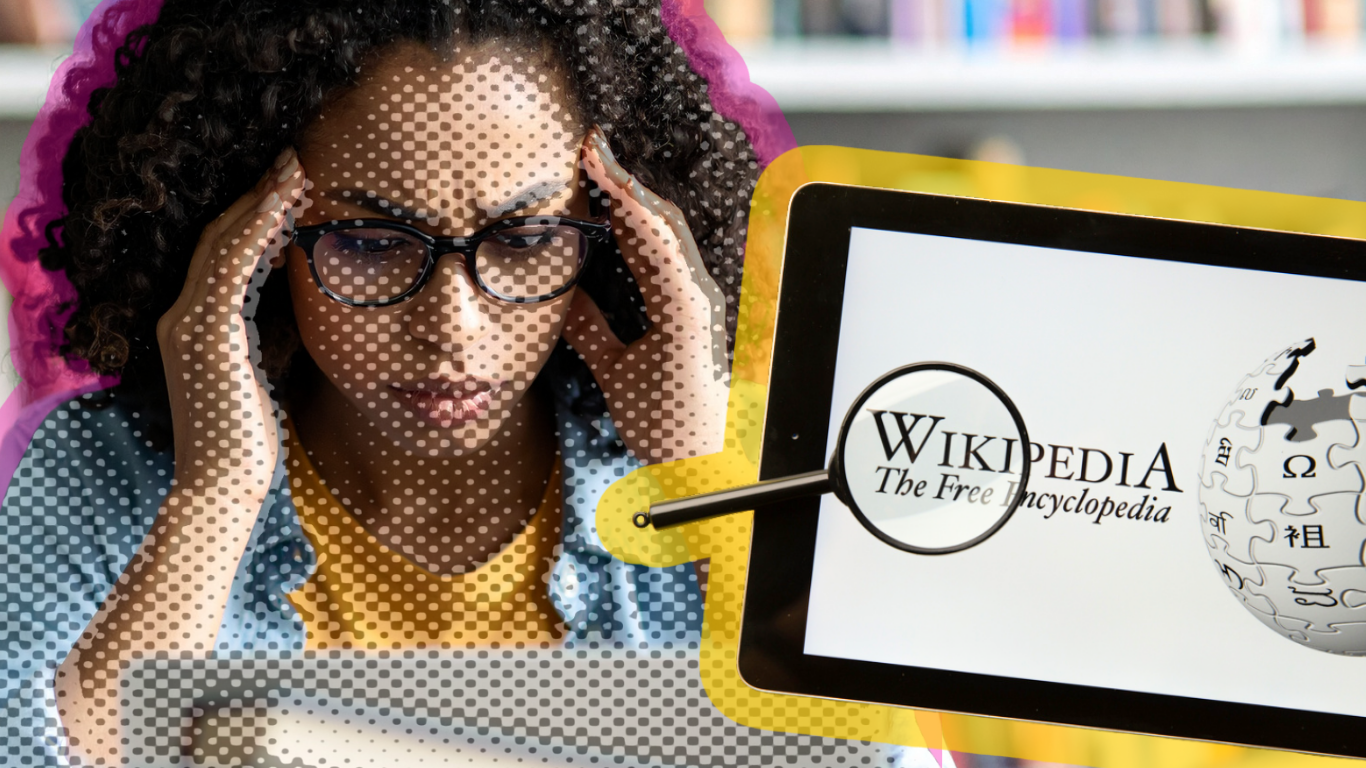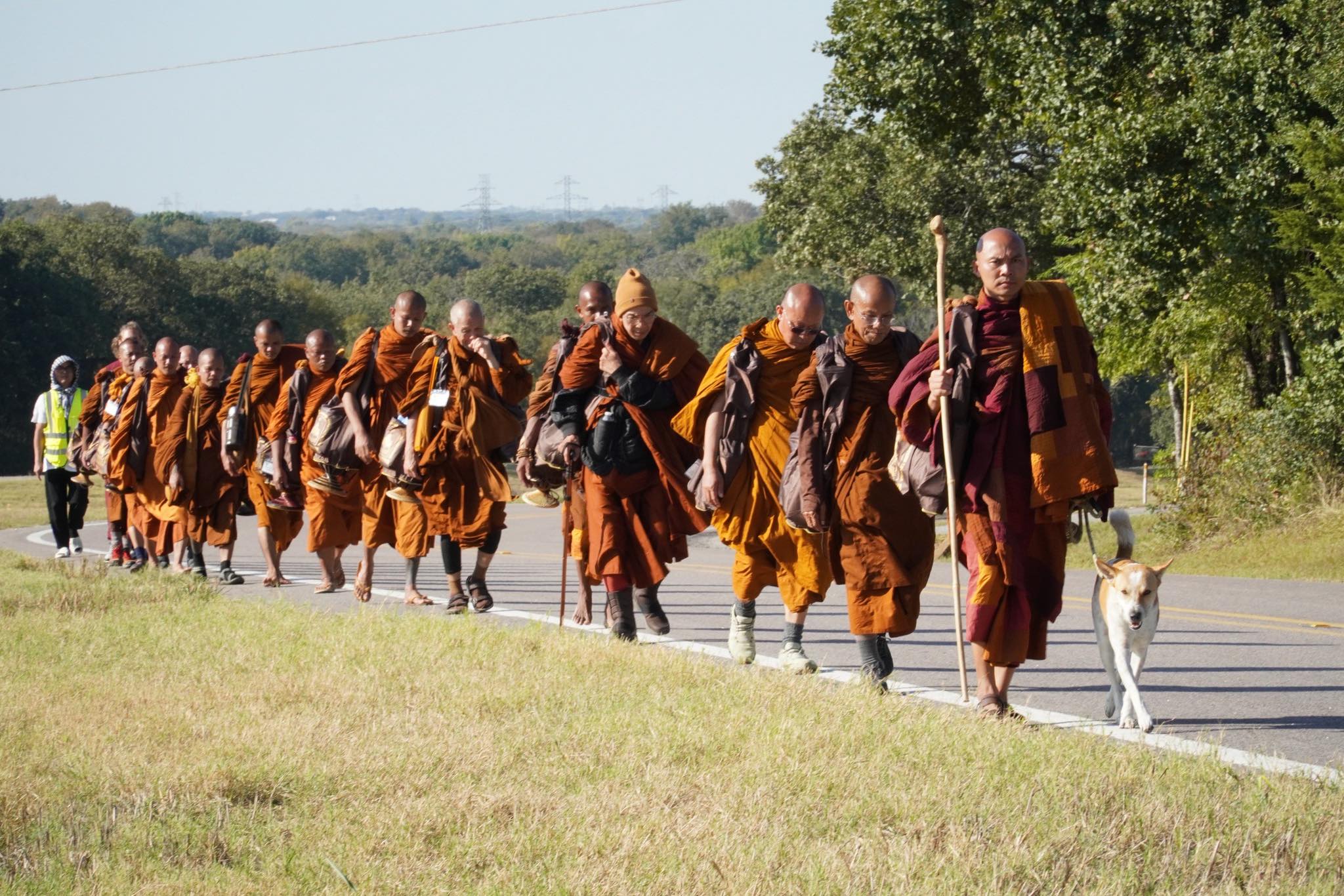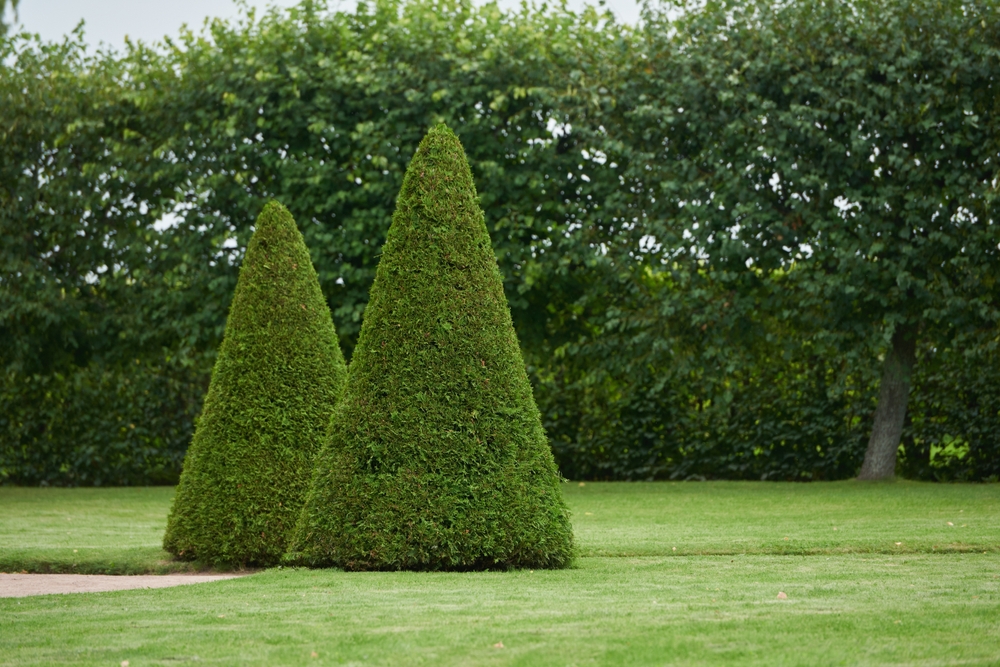A while back — and up until recently — I had the pleasure of working with Monica Rhodes, a powerhouse in the historic preservation world. We worked together for a couple of years, and during that time, my team helped her grow her digital presence from the ground up: we took her Instagram from barely 1,000 followers to over 16,000, helped her reach her first 100 YouTube subscribers (a major milestone for any new channel) and built out her email list, brand messaging and online voice in a way her very impressive network couldn’t ignore.
Monica wasn’t just making waves online — she was shaping national policy and preserving overlooked pieces of American history. She was appointed to the Biden administration’s Advisory Council on Historic Preservation. She’s helped raise and manage over $150 million, led preservation work across 46 states and over 100 national parks and developed the first national program focused on diversifying the preservation industry. Her work has helped reinstitute major federal programs that tell the stories of African American, Latinx and women’s history through our national parks.
She’s a Rome Prize winner, a Harvard Loeb Fellow, and has multiple advanced degrees from Temple and Penn. She is, in every sense of the word, notable.
So naturally… we thought, “She has to be Wikipedia-worthy.”
But no matter how we approached it — researching the rules, submitting drafts, consulting editor forums — the answer kept coming back:
“There’s not enough substantial, independent, secondary coverage that’s solely about her.”
Translation? She had been quoted in dozens of articles, featured in panels, mentioned in national outlets. But there weren’t enough major, in-depth articles where she was the main subject. And that, according to Wikipedia’s current standards, made her “not notable enough.”
It was a deeply frustrating experience — not just for Monica, but for me as someone who’d seen the scope of her work and the impact she’d made.
Wait, So Who Does Get a Page?
Around that same time, I stumbled across a Wikipedia article for a marketing agency I was researching — a green agency with a short but solid write-up. At first, I thought it was new (the article called them an “early sustainability agency”), and I wondered how they got approved when Monica couldn’t.
Then I looked closer.
The company had been around since the 1990s. The article cited The New York Times, Adweek, and CNNMoney. They’d launched campaigns for global clients. In short: they’d been written about by third-party sources a lot, and the Wikipedia page had likely been created back in Wikipedia’s Wild West days, when the rules were looser and enforcement was sporadic.
And here’s the kicker: once a page is approved and sticks around long enough, it becomes almost untouchable — even if the subject wouldn’t meet today’s standards. That early-entry privilege is real.
Why This Matters
I share this not to gripe about the green agency (kudos to them), but to highlight a very real visibility gap on one of the world’s most-used reference sites.
People like Monica — often women, often people of color — are doing exceptional, history-making work, but struggle to meet Wikipedia’s narrow definition of “notable.” Meanwhile, legacy companies and individuals who got in early keep their pages by default.
This doesn’t mean all hope is lost. There are grassroots initiatives working to change this, like:
But the system still favors those who’ve been featured by traditional gatekeepers: big media, big institutions, and long-standing publications.
What You Can Do If You’re Trying to Get a Page
If you’re someone (or represent someone) trying to get a Wikipedia page, here’s what I learned the hard way:
- Wikipedia wants third-party, independent sources. Not press releases. Not org bios. Not LinkedIn.
- The coverage needs to be deep and focused on you — not just a quote or a passing mention.
- Avoid writing your own page unless you disclose a conflict of interest. Better yet, find a neutral editor through one of the communities above.
- Start with visibility. Pitch thought leadership pieces, get profiled by local or national media, and build a body of public work that’s citable.
Monica wasn’t alone in this journey — and I suspect a lot of other brilliant, accomplished people have tried and failed in quiet frustration. Hopefully, that changes. Until then, if this post saves someone a rabbit hole of confusion, I’ll take it as a win.





I have read some excellent stuff here Definitely value bookmarking for revisiting I wonder how much effort you put to make the sort of excellent informative website
Your writing is not only informative but also incredibly inspiring. You have a knack for sparking curiosity and encouraging critical thinking. Thank you for being such a positive influence!
I simply could not go away your web site prior to suggesting that I really enjoyed the standard info a person supply on your guests Is going to be back incessantly to investigate crosscheck new posts
Fantastic site Lots of helpful information here I am sending it to some friends ans additionally sharing in delicious And of course thanks for your effort
I loved as much as youll receive carried out right here The sketch is tasteful your authored material stylish nonetheless you command get bought an nervousness over that you wish be delivering the following unwell unquestionably come more formerly again since exactly the same nearly a lot often inside case you shield this hike
Hey there You have done a fantastic job I will certainly digg it and personally recommend to my friends Im confident theyll be benefited from this site
I just could not leave your web site before suggesting that I really enjoyed the standard information a person supply to your visitors Is gonna be again steadily in order to check up on new posts
Simply desire to say your article is as surprising The clearness in your post is simply excellent and i could assume you are an expert on this subject Fine with your permission let me to grab your feed to keep up to date with forthcoming post Thanks a million and please carry on the gratifying work
Your writing is a true testament to your expertise and dedication to your craft. I’m continually impressed by the depth of your knowledge and the clarity of your explanations. Keep up the phenomenal work!
Your blog is a constant source of inspiration for me. Your passion for your subject matter is palpable, and it’s clear that you pour your heart and soul into every post. Keep up the incredible work!
Your writing is like a breath of fresh air in the often stale world of online content. Your unique perspective and engaging style set you apart from the crowd. Thank you for sharing your talents with us.
Your blog is a true gem in the world of online content. I’m continually impressed by the depth of your research and the clarity of your writing. Thank you for sharing your wisdom with us.
Wonderful beat I wish to apprentice while you amend your web site how could i subscribe for a blog web site The account aided me a acceptable deal I had been a little bit acquainted of this your broadcast provided bright clear idea
Your writing has a way of making even the most complex topics accessible and engaging. I’m constantly impressed by your ability to distill complicated concepts into easy-to-understand language.
Excellent blog here Also your website loads up very fast What web host are you using Can I get your affiliate link to your host I wish my web site loaded up as quickly as yours lol
Your writing has a way of resonating with me on a deep level. I appreciate the honesty and authenticity you bring to every post. Thank you for sharing your journey with us.
Your blog is a constant source of inspiration for me. Your passion for your subject matter shines through in every post, and it’s clear that you genuinely care about making a positive impact on your readers.
Your blog is a testament to your passion for your subject matter. Your enthusiasm is infectious, and it’s clear that you put your heart and soul into every post. Keep up the fantastic work!
I do believe all the ideas youve presented for your post They are really convincing and will certainly work Nonetheless the posts are too short for novices May just you please lengthen them a little from subsequent time Thanks for the post
Nice blog here Also your site loads up very fast What host are you using Can I get your affiliate link to your host I wish my site loaded up as quickly as yours lol
I do not even know how I ended up here but I thought this post was great I do not know who you are but certainly youre going to a famous blogger if you are not already Cheers
This is why I follow your amazing journey
Perfect timing on this post, needed this reminder
Thanks for weighing in!